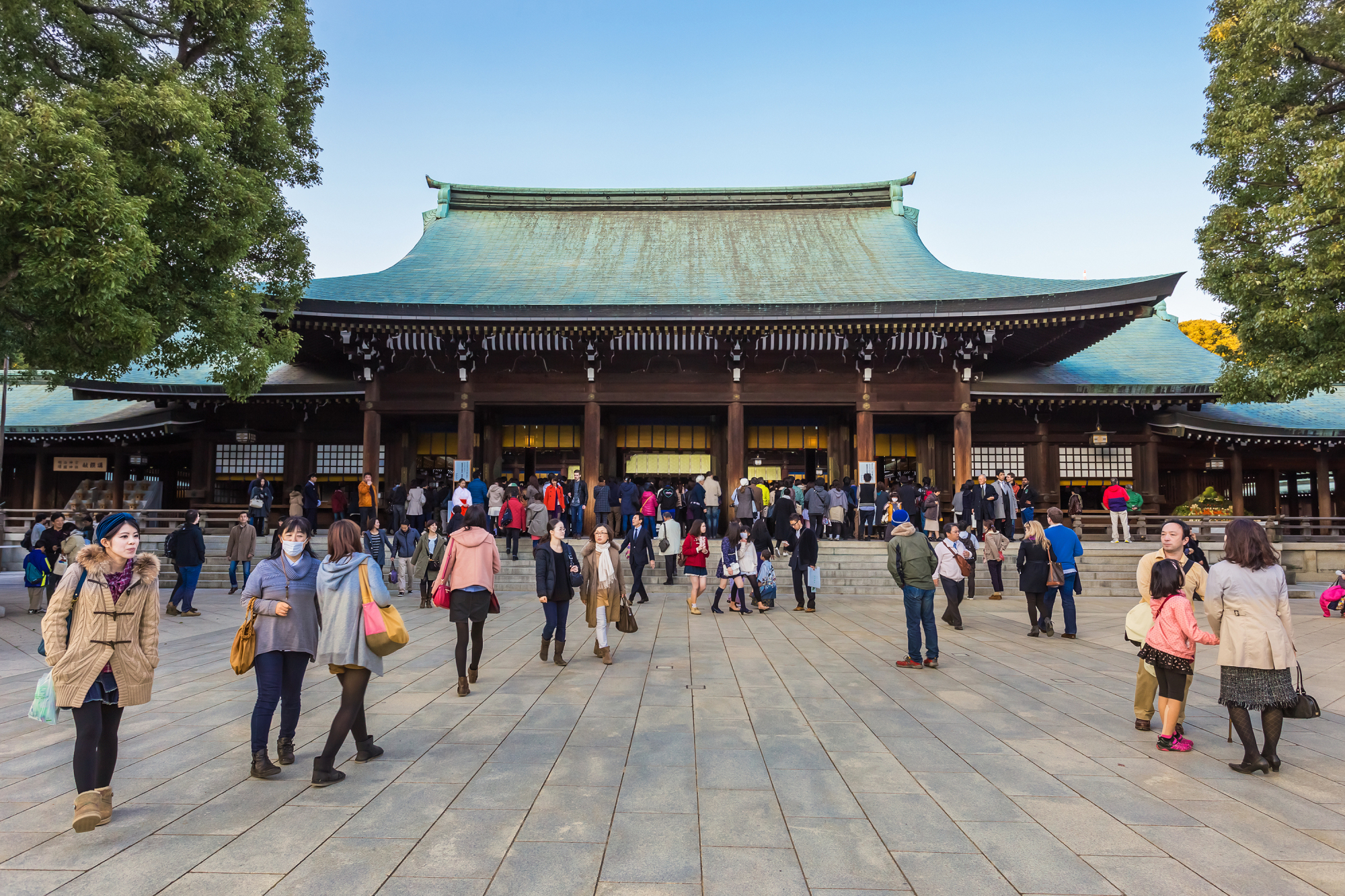The prewar constitutional scholar Toshiyoshi Miyazawa was said to have taught his subject backward, starting at the end of the so-called Meiji Constitution and working his way forward. That way he could always reach the semester's end before getting to Chapter 1, which defined the powers of the Emperor.
An academic backwater today, Imperial powers were an area of law that, handled incorrectly, could threaten careers, even lives. Former Tokyo University professor Tatsukichi Minobe was driven from the House of Peers and investigated on suspicion of lese majeste in 1935 for describing the Emperor as an organ of the state. (He was wounded by a right-wing extremist the following year.)
The "organ of state" theory was not new or, until then, even controversial. Minobe first wrote about it in a 1912 book, and it reflected the prevailing academic and official understanding for the first three decades of the 20th century. Times had changed, not constitutional theory.



















With your current subscription plan you can comment on stories. However, before writing your first comment, please create a display name in the Profile section of your subscriber account page.